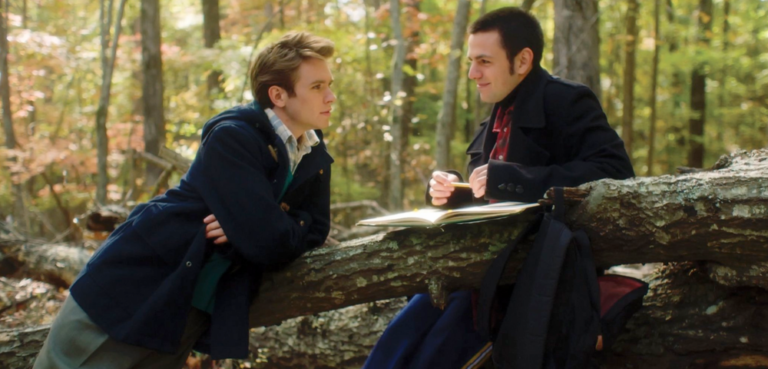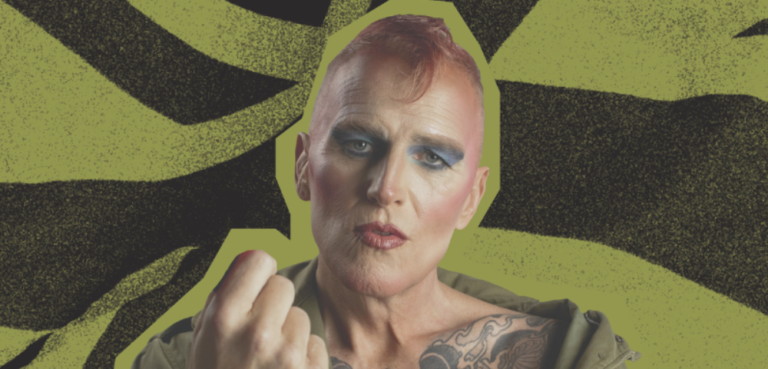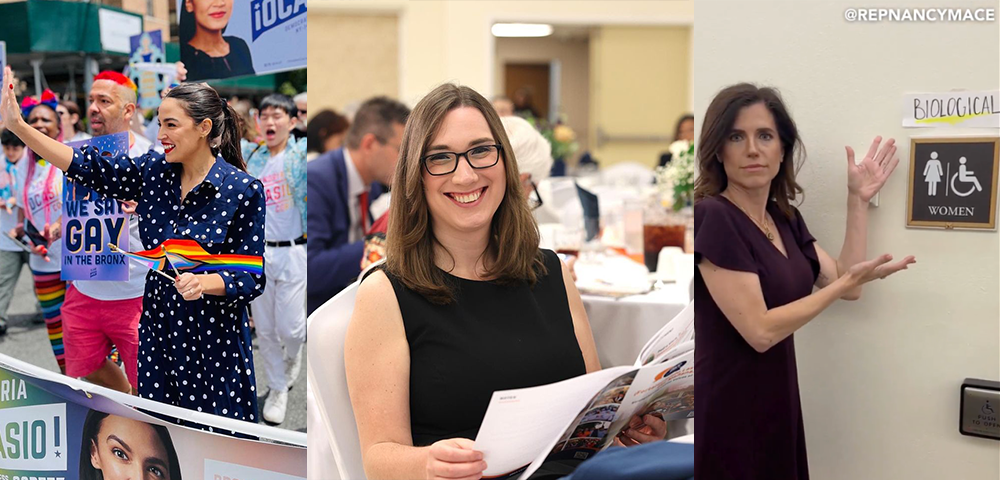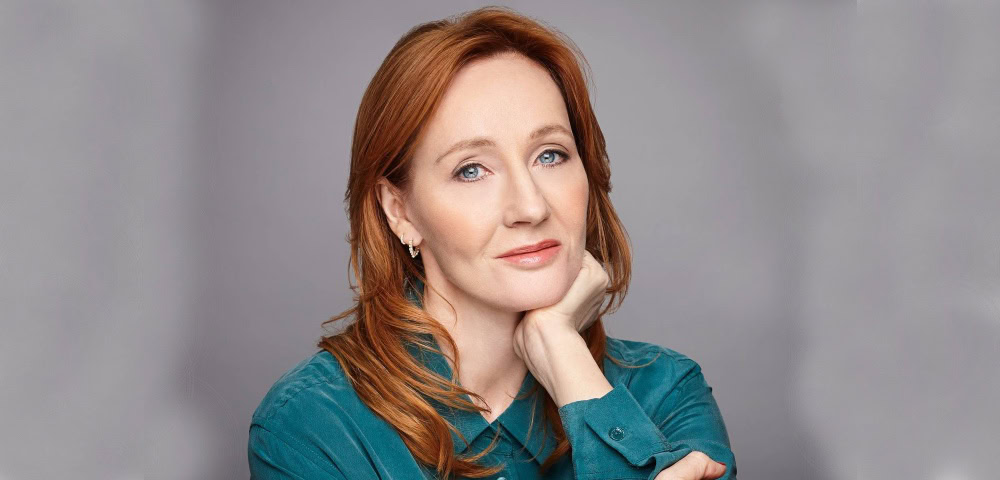
Top cop says no to homophobia
Victoria Police Chief Commissioner Ken Lay says it’s “delivery time” for Victoria Police on LGBTI issues.
Lay made the comments ahead of International Day Against Homophobia — on May 17 — which Victoria Police is once again throwing its support behind.
Sitting down with the Star Observer last week, Lay said he decided to speak out against homophobia because he’s keen to let LGBTI police officers know they are supported.
“It’s very important for me to send an internal message to our organisation that diversity is important,” Lay said.
“I think we have got to a space … where the broader organisation understands the value of being diverse and not being afraid to celebrate that diversity.
“I’ve been in the organisation now for 37 years … I know [in the past] people were often discriminated against in the workplace through comments, through the way they were treated, there were barriers to promotion, and, I would have thought, lots of examples of behaviour that Victoria Police probably wouldn’t be very proud of.”
Lay said he believes former chief commissioner Christine Nixon “dragged” the organisation forward on LGBTI issues. There are now 41 Gay and Lesbian Liaison Officers (GLLOS) across the state.
“We’re at this base now where there are quite significant senior officers in the organisation who are openly gay,” he said.
“I’m sure there are still pockets of areas where gays and lesbians do have problems, but I think the broader organisation understands that this is part of life, part of modern Australia.
“I see lots of examples where gay and lesbian people are embraced … they’re valued by the organisation.”
Lay, who is in his first year in the job, was unable to march in the annual Pride March in St Kilda this year due to a conflicting engagement at a Black Saturday fire memorial. He said he intends to march next year.
Yet despite a reasonably stable relationship with the LGBTI comminty in recent years, it seems Victoria Police still has a battle ahead. The 2008 Coming Forward report revealed one in seven
LGBT Victorians live in fear of violence or harassment and 85 percent have experienced some form of abuse in their lifetimes. However, it’s estimated only about 30 percent of homophobic crime in Victoria is ever reported.
Most concerning, the survey found that only 40 percent of respondents who told police of heterosexist violence or harassment found them to be supportive.
Those who dealt with Victoria Police’s Gay and Lesbian Liaison Officers, however, reported higher levels of satisfaction and support.
There have also been ructions within the LGBTI commmunity after a two-year review of Victoria Police’s Operations Coordination Department which saw the Gay and Lesbian Advisory Unit disbanded to be incorporated into the more generalised Community Engagement Support Team.
News of the change caused alarm in the community, and concern that expertise on LGBTI issues would be lost.
Lay said he is aware of community concerns, but claimed the new format will allow more police officers to cover LGBTI issues, instead of a single unit.
An expression of interest for a position similar to the former Gay and Lesbian Advisory Unit manager is set to be released in coming weeks. However, the role will also demand dealing with other marginalised communities.
“We saw there was a real gap in the way we were delivering this service and we thought there was a better way of doing it by spreading the skills across a number of people rather than adding one particular individual,” Lay said.
“I’m fairly confident our model at the moment is a lot stronger than it was. Having said that, I don’t think we’ve sold ourselves as well as we should have to the community and that’s caused an enormous amount of angst.
“I’ve also undertaken that at the end of this year I’ll review the new model and engage with all the departments and try and understand where this is doing it for them or not and I am more than happy to move if it’s not.”
Lay said he hopes Victoria Police’s new prejudice-motivated crime strategy will also boost reporting levels.
“We’ve brought forward the prejudice-motivated crime strategy, the GLLOs are helping us get to a better space where people are prepared to engage, so we have a strategy in place.
“Now it’s up to Victoria Police to actually deliver to make sure when these crimes are reported to us that we’ve got the ability to address the concerns, resolve problems and hold people to account.
“It’s now delivery time for Victoria Police where we need to show we’re good at this.”
Lay will speak to LGBTI radio station JOY94.9 on May 17.










Nice work Ken!